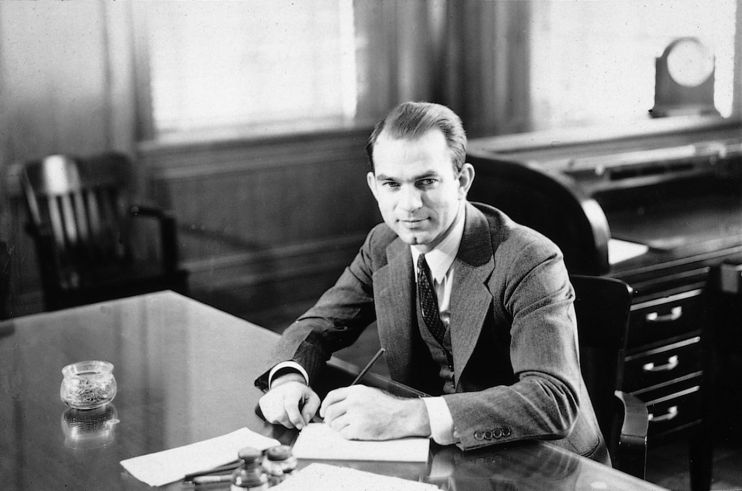The Fulbright Program is named after J. William Fulbright (1905–1995). Inspired by a Rhodes Scholarship that facilitated an extended period of study for him at Oxford University (1924–28) after he graduated from the University of Arkansas, Senator Fulbright was also motivated to create the program by his belief that the end of World War II and the creation of nuclear weapons had fundamentally changed the nature of international relations and made the potential consequences of international conflict graver and more global.
In his book The Arrogance of Power (1966), Fulbright observed: “The development of some perspective about man and his needs in different national environments is the principal purpose of such educational and cultural exchanges as the Fulbright program. No part of our foreign policy does more to make international relations human relations and to encourage attitudes of personal empathy, the rare and wonderful ability to perceive the world as others see it. Thus conceived, educational exchange is not a propaganda program designed to ‘improve the image’ of the United States, . . . but a program for the cultivation of perceptions and perspectives that transcend national boundaries. To put it another way, far from being a means of gaining some national advantage in the traditional game of international relations, international education purports to change the nature of the game, to civilize and humanize it in the nuclear age.”
